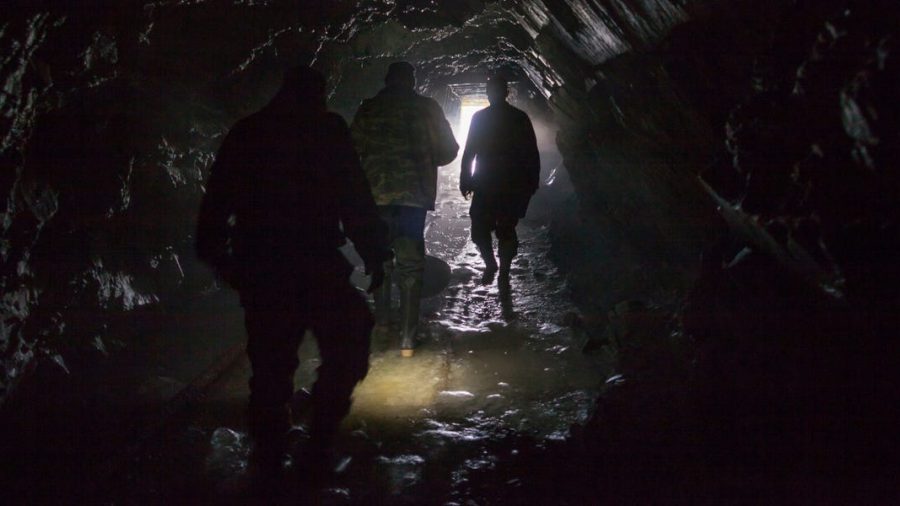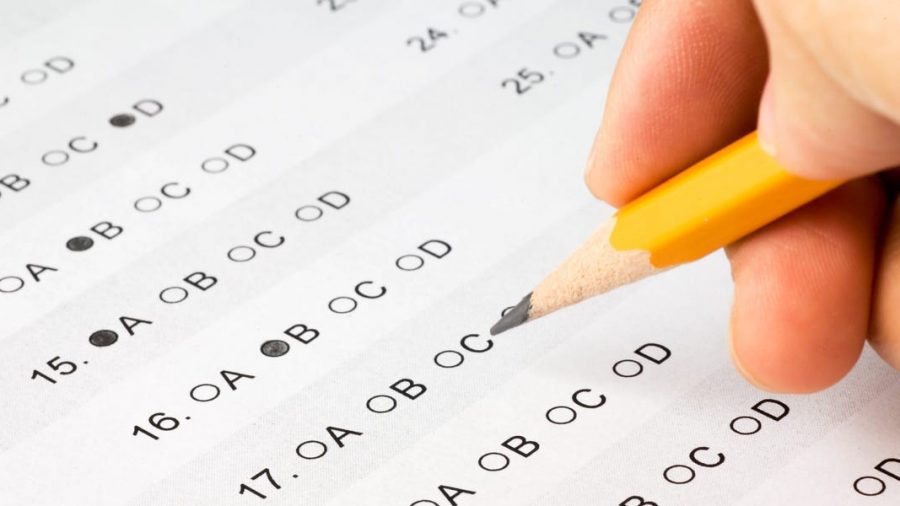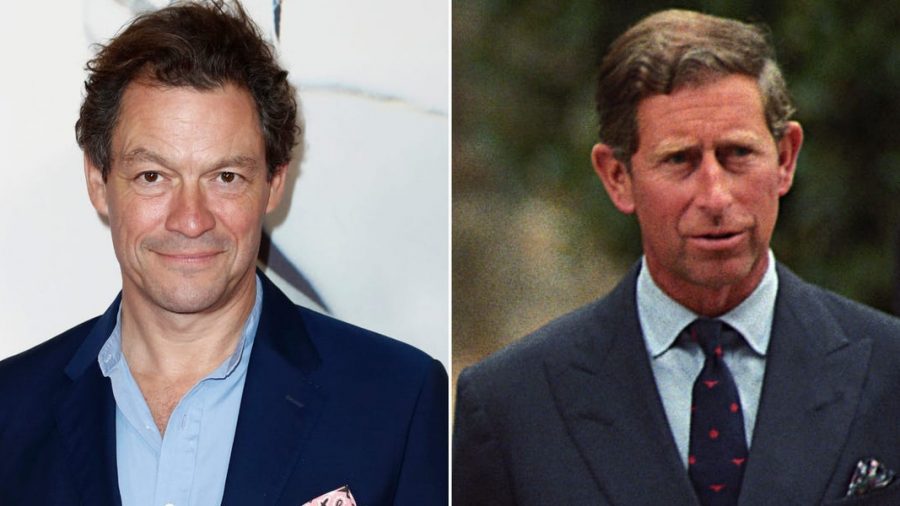
On Thursday, Chinese President Xi Jinping and Russian President Vladimir Putin posed after their trilateral meeting with Mongolia in Samarkand, Uzbekistan, in advance of the Shanghai Cooperation Organization summit. Getty Images via Alexandr Demyanchuk/Sputnik/AFP remove caption
switch to caption Getty Images via Alexandr Demyanchuk/Sputnik/AFP
On Thursday, Chinese President Xi Jinping and Russian President Vladimir Putin posed after their trilateral meeting with Mongolia in Samarkand, Uzbekistan, in advance of the Shanghai Cooperation Organization summit.
Getty Images via Alexandr Demyanchuk/Sputnik/AFP The Chinese president, Xi Jinping, is traveling abroad for the first time in more than a thousand days.
After nearly three years of strict pandemic isolation on the Chinese mainland, Xi has chosen Central Asian nations as his first stops. On Thursday, the Chinese leader also managed to fit in a bilateral meeting with President Vladimir Putin of Russia on the side of a security forum meeting in Uzbekistan.
Here are some of Xi’s motivations for going overseas and what she has learned thus far:
It serves China’s interests in regional and national security. The Shanghai Cooperation Organization, an eight-country security bloc led by China but also including Russia, India, Pakistan, and four former Soviet Central Asian republics, is gathering in Uzbekistan, and Xi and Putin are there to attend. Iran and Afghanistan are two of the organization’s observers. The bloc’s main areas of cooperation include regional security, countering extremism, and combating separatism—all issues that China maintains are behind its assault on traditionally Muslim ethnic groups in its western region of Xinjiang.
More than 1 million ethnic Uyghurs, who have strong cultural and linguistic ties to the people residing in the Central Asian countries, notably Uzbekistan, have been jailed or imprisoned in China without justification, according to the U.S. State Department. The detention of thousands of Xinjiang residents of ethnic Kazakh descent complicated China’s relations with the area. China’s plan to secure its borders and provide a buffer between it and unstable nations like Afghanistan depends on the sustained cooperation of Central Asian nations like Kazakhstan, which shares a lengthy border with Xinjiang.
TO REBEAT “U.S. HEGEMONY” AND WESTERN DOMINANCE OF GLOBAL AFFAIRS America’s relationship with China deteriorated when Xi Jinping was isolated within a rigid COVID-19 bubble within China. To offset China’s ascent, U.S. authorities have aggressively pursued deeper connections with nations in the Asia Pacific and with the democratic island of Taiwan.
This past Wednesday, following Xi’s meeting with Kazakhstan’s President Kassym-Jomart Tokayev, the two nations released a joint statement in support of China’s claim to peacefully merge with the island. According to the statement, Kazakhstan “opposes “Taiwan independence” in all its manifestations, acknowledging that Taiwan is an integral part of China’s territory.”
As a diplomatic rebuttal to American outreach on Taiwan, Xi secured similar pledges from other Central Asian leaders and from Russia .
“We are in a critical period for the global order, as stated by Xi. The United States is accustomed to holding the role of world leader, but China will not be demoted from its position as the second-largest global influencer, “said Wang Dehua, a former head of Shanghai Municipal Center for International Studies’ Institute of South-Central Asia Studies.
CHINA IS CONCERNED ABOUT THE WAR IN UKRAINE BY RUSSIA, BUT IS NOT COMMENTING ON IT Just a few weeks before Russian soldiers invaded Ukraine in February, China made a major political investment in a “no limits” cooperation with Russia and has since refrained from criticizing Russia’s conflict there. With the war now in its seventh month, Russia’s chances seem more remote as a result of the Ukrainian military’s surprise victories last week, which saw them retake many towns and villages in eastern Ukraine.
EUROPE Putin is now probably looking for guarantees from Xi that the Russian war won’t further undermine regional economic growth and security. Putin’s opening remarks to the bilateral meeting specifically alluded to China’s apparent misgivings.
“We are very grateful for our Chinese friends’ thoughtful stance on the Ukrainian problem. We are aware of your inquiries and worries in this matter, “said Putin. Although we have previously discussed this, we will of course clarify our viewpoint in detail during the meeting today.
After Russia’s invasion of Ukraine, XI’s trip is also intended to reassure China’s Central Asian neighbors. The Russian invasion of Ukraine shook the post-Soviet Central Asian nations. Even adhered to Western sanctions against Russia and refusing to recognize Moscow-backed self-declared “republics” in eastern Ukraine, Kazakhstan, typically a strong ally of Russia.
As Russia appears more unstable and preoccupied with its conflict in Ukraine, Central Asian nations like Uzbekistan are now looking to China to play a more significant role in directing regional affairs.
“Uzbekistan recognizes it needs to replace Russia where it is possible, and the first country that can do that is China,” says Temur Umarov , a fellow at the Carnegie Endowment for International Peace. “Every time Russia has dispute with the West and becomes more isolated and toxic.”
China has already made significant investments in Central Asia’s energy and infrastructure, which Xi Jinping made the focal point of a global infrastructure initiative known as Belt and Road, which is a reference to the historic caravan routes known as the Silk Roads that connected China to Central Asia, the Middle East, and Europe.
From Beijing, Aowen Cao contributed research.














